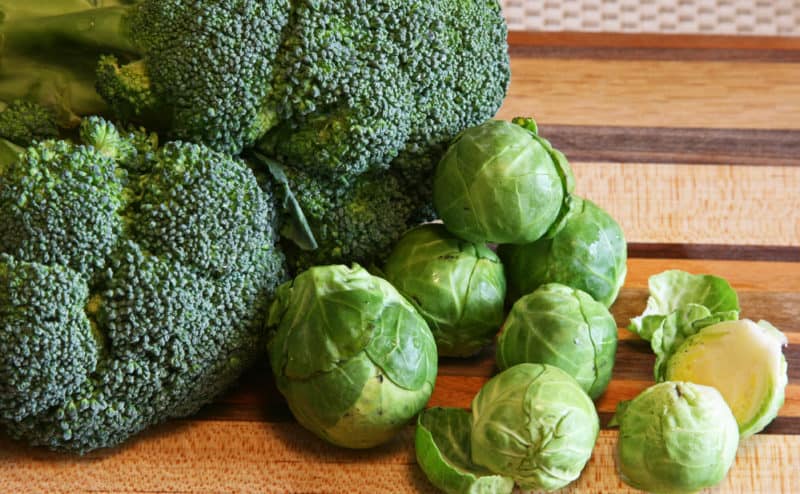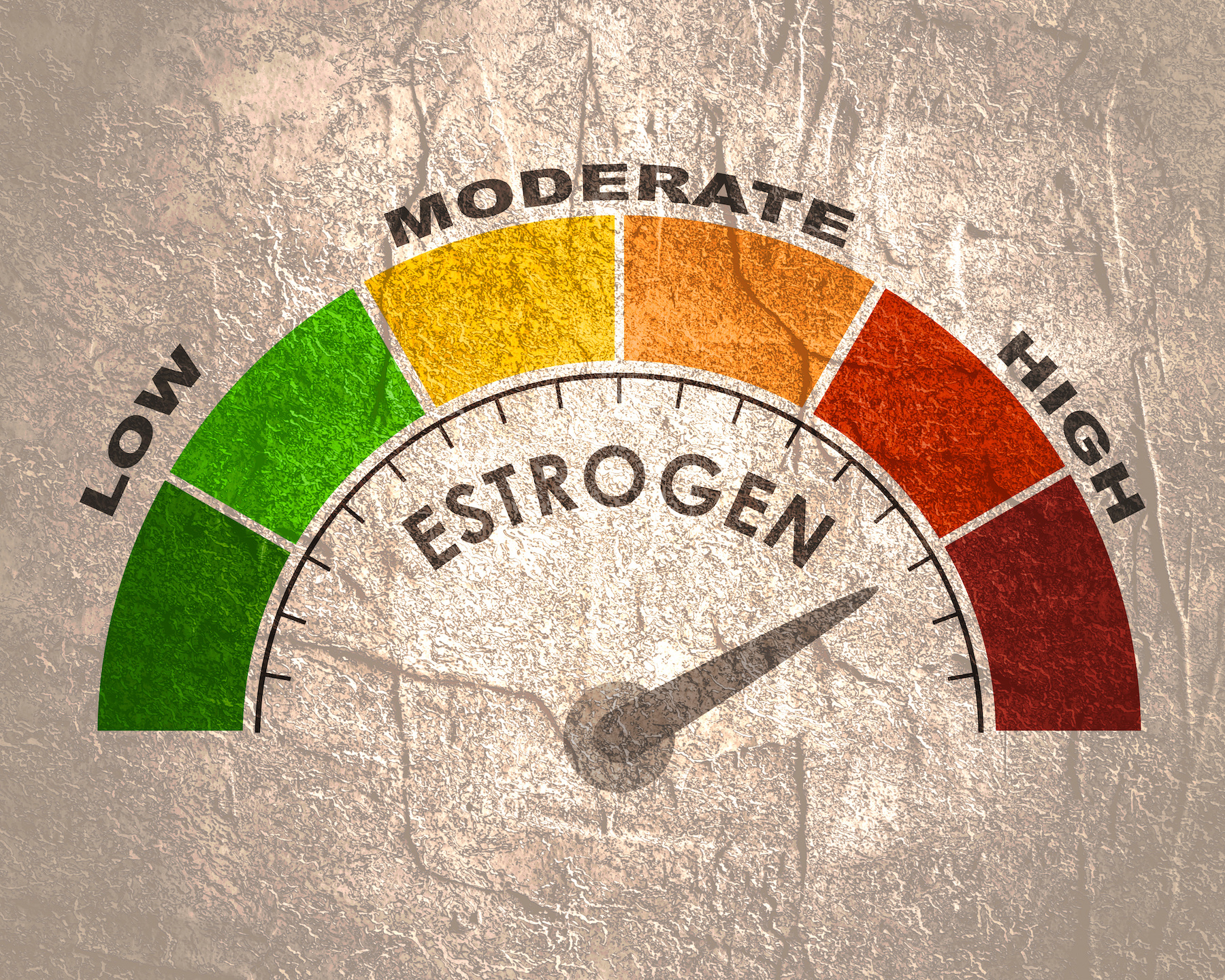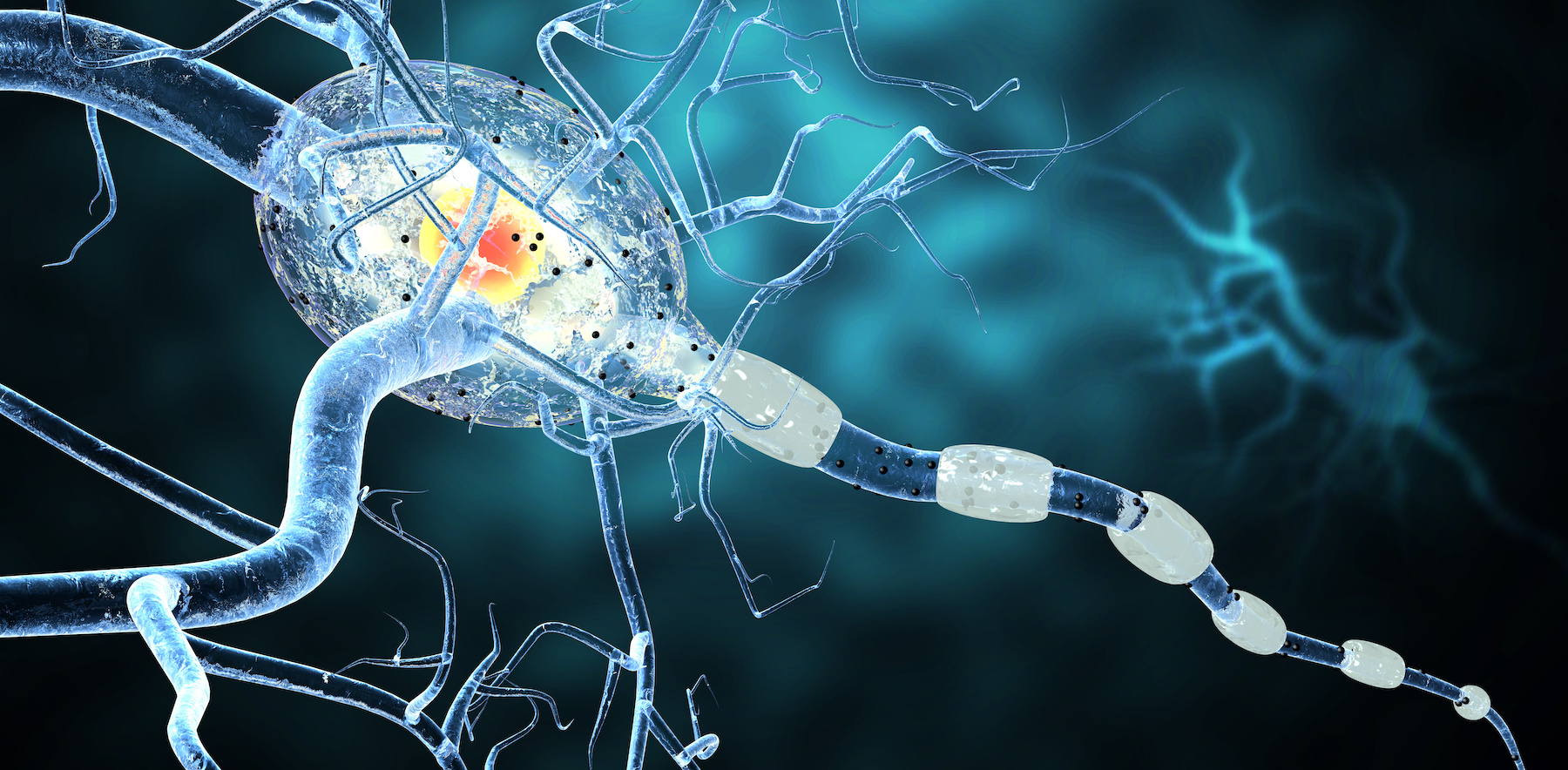

You may or may not have heard of oxalates, but I’m willing to bet you’ve heard of kidney stones.
Kidney stones are caused by a buildup of crystallized substances that create painful “stones” that must pass through your urinary tract. Well, a major cause of kidney stones are oxalates.
Not all kidney stones are caused by oxalates but about 80% of all kidney stones are calcium based, and about 80% of those are calcium oxalate stones.
Oxalates are compounds that naturally exist in many food items, even healthy foods such as:
- Dark leafy greens (such as spinach)
- Nuts
- Legumes
- Seeds
- Cruciferous vegetables (such as broccoli)
- Blueberries
- Dark chocolate
- Soybeans
- Beets
- Black pepper
You might be exasperatedly wondering, “Now I can’t even eat broccoli and spinach??”
Before you give up on all things “healthy” I want to reassure you, oxalates matter more for some people than others. For example, if you are struggling with inflammation, are on a restricted diet, have an autoimmune disease or regularly get kidney stones – it’s a good idea to examine your oxalate intake, and ask your functional medicine provider about getting your oxalate levels tested.
What are oxalates?
Oxalates are compounds that naturally occur in many foods but are not digested by your body. Oxalates are thought to protect plants from predators, including us humans. They are a compound that can give certain foods their bitter flavors.
They easily combine with many metal ions, which cause them to form insoluble precipitates. For example, when oxalates combine with calcium in the body, a kidney stone forms.
Oxalates are also formed by our livers in small amounts. While we aren’t 100 percent sure why our body creates some oxalates, it’s thought they could act as chelators and help carry toxins out of the body in the form of an indigestible substance. This theory is similar to how fiber works in the body – pulling waste and toxins along the digestive tract and out through stool.
However, we have seen that too many oxalates in some diets can interfere with digestion.
How do oxalates negatively affect digestion?
Antinutrients are compounds found in food that can interfere with proper digestion and nutrient absorption. These can be natural and synthetic, and in the case of oxalates, they are naturally occurring in foods.
When any food item interferes with nutrient absorption, that’s immediate cause for concern. Similar to intestinal permeability (leaky gut), when you are missing out on the beneficial nutrients from your diet due to malabsorption it can lead to a cascade of health consequences.
Actually, intestinal permeability and other gut issues could increase your body’s oxalate absorption, which can compound the issue. On the other hand, research has found that by changing the gastrointestinal flora with probiotics you can reduce the amount of oxalates absorbed by your gut and promote excretion through urine. Meaning it could be possible to reduce the impact of oxalates on your body by improving your gut health.
Studies have found that those who are regularly impacted by kidney stones are more likely to have a higher rate of oxalate absorption. And studies linking irritable bowel syndrome (IBS) and kidney stones, have found there to be at higher risk of developing IBS in patients with urinary (kidney) stone disease.
As research continues to examine the connection between gut health and oxalate absorption, hopefully we will uncover more effective methods for reducing the impact of oxalates on your health.
Who should care about oxalates?
For the most part, if oxalates aren’t causing you any issues you probably are consuming just the right amount. However, if you are impacted by the following issues, you might want to consider the amount in your diet.
- Kidney stones
- Chronic inflammation
- Chronic Pain
- Leaky gut, dysbiosis, IBS, IBD, SIBO or any other gut related issue
- Multiple food intolerances
- Malabsorption
- Low stomach acid
- Autoimmune diseases
Interestingly, people with high oxalate diets are those who are eating a relatively healthy diet rich in plant foods– including those who are eating vegetarian, raw vegan, Paleo, and low carb or carb specific. Plant foods provide necessary phytonutrients and antioxidants to our bodies, and are not the root cause of the oxalate disturbances. It is how the body is absorbing and metabolizing them that creates symptoms and issues.
The average oxalate intake appears to be between 150 to 300 mg per day. To put that in perspective, 2 cups – or approximately 60 grams – of raw spinach provides 450 mg of oxalates. Thus, it could be relatively easy to eat enough oxalates to have them interfere with your health. Although, keep in mind that most people do not have an issue with oxalates and can continue to enjoy these healthy foods.
How do you reduce oxalate impact?
If you think you’re eating too many oxalates and are interested in reducing your oxalate intake, here are some things you can do:
- Eat less high-oxalate foods
- Cook or soak your high oxalate foods
- Increase calcium intake with your oxalate containing meals (It binds to oxalates and reduces oxalate absorption.)
- Work on healing your gut
- Increase vitamin C intake (some studies suggest vitamin C may help excrete oxalates better, but this is still inconclusive. That being said, you should be consuming adequate vitamin C anyway.)
I simply want to encourage you to examine your oxalate intake and consider the implications it has for your health. If you aren’t struggling with gut issues, kidney stones, autoimmune disease, pain, or other factors impacted by high oxalate intake – you are probably fine to continue your current healthy eating style rich in plant foods.
However, if you feel that you eat a very healthy diet and still can’t seem to identify the source of your gut symptoms and other health issues – you might want to consider your oxalate intake. Keep in mind, when you do choose to lower oxalate intake, it is best to do it slowly over time, as in reducing overall intake by 5-10% or so per week. This is important, as if you do have a problem with oxalates and lower them too quickly, they will “precipitate” out, and can cause your symptoms to temporarily worsen. Make sure you are using the methods previously listed to help mitigate these symptoms.
Share this article with a friend who loves foods high in oxalates – they might be surprised that their “healthy” diet has some hidden concerns.
Resources:
https://www.ncbi.nlm.nih.gov/pmc/articles/PMC1455427/
https://my.clevelandclinic.org/health/articles/kidney-stones-oxalate-controlled-diet
https://www.ncbi.nlm.nih.gov/pmc/articles/PMC3541088/
https://www.ncbi.nlm.nih.gov/pubmed/16105057
https://www.ncbi.nlm.nih.gov/pubmed/15558527
Share:
Related Posts

What Is Sleep Apnea? Symptoms, Risks, and Treatment Options
Sleep apnea occurs when breathing repeatedly stops and starts throughout the night. Learn the symptoms, risks, and sleep apnea treatment options.

Estrogen Metabolism: How It Works, Why It Matters, and Supplements for Healthy Estrogen Metabolism
Estrogen metabolism is vital to estrogen regulation. Learn how it works and how the DUTCH test can provide insight into hormonal imbalance.

The Paleo Diet Versus the Autoimmune Paleo Diet: Differences and Benefits
Learn the difference between the paleo and the autoimmune paleo diet, including food lists, what foods to avoid, and all the health benefits!

A Complete View of Multiple Sclerosis: Symptoms, Diagnosis, and Functional Medicine Treatment Options
Get a complete view of multiple sclerosis, including common symptoms and treatment options, including nutrition and supplementation.
